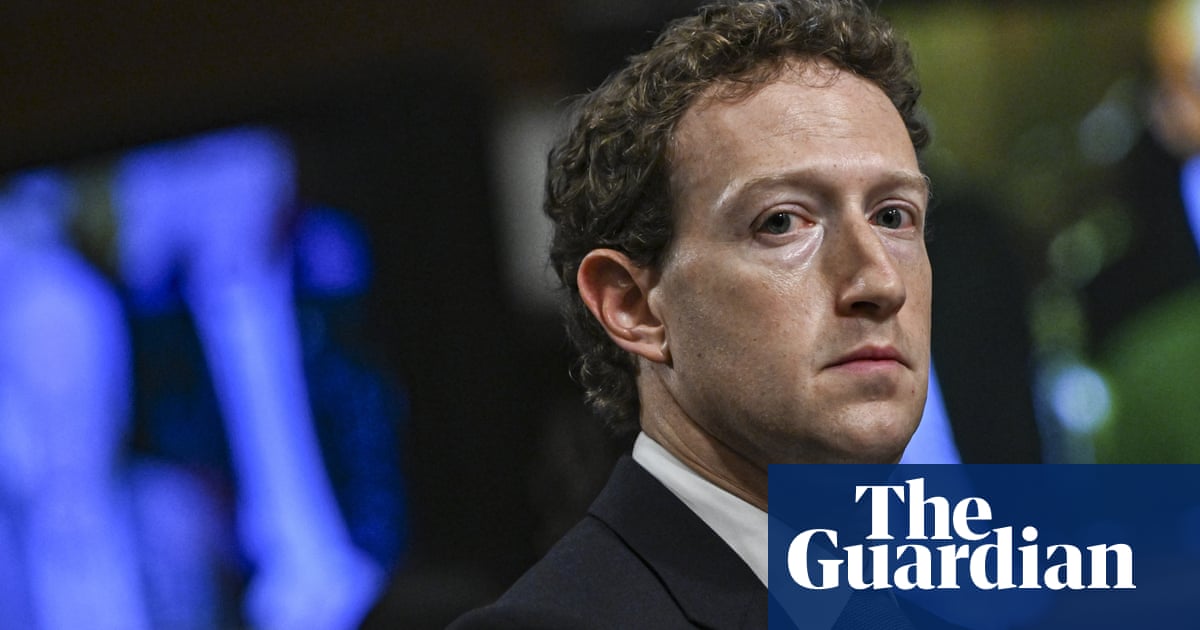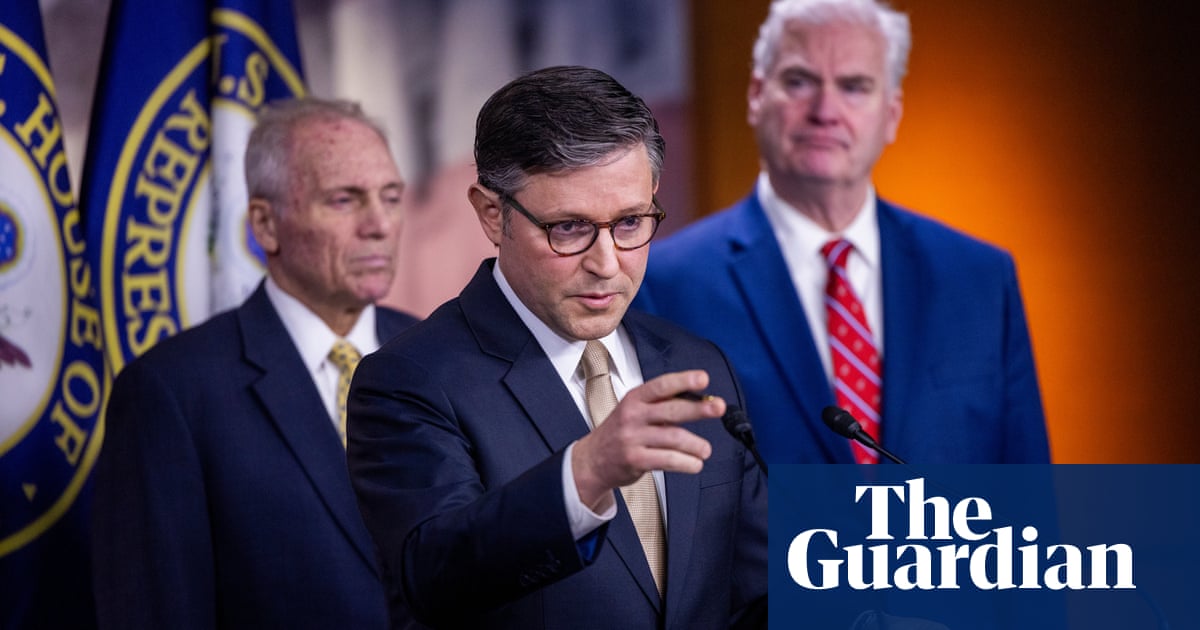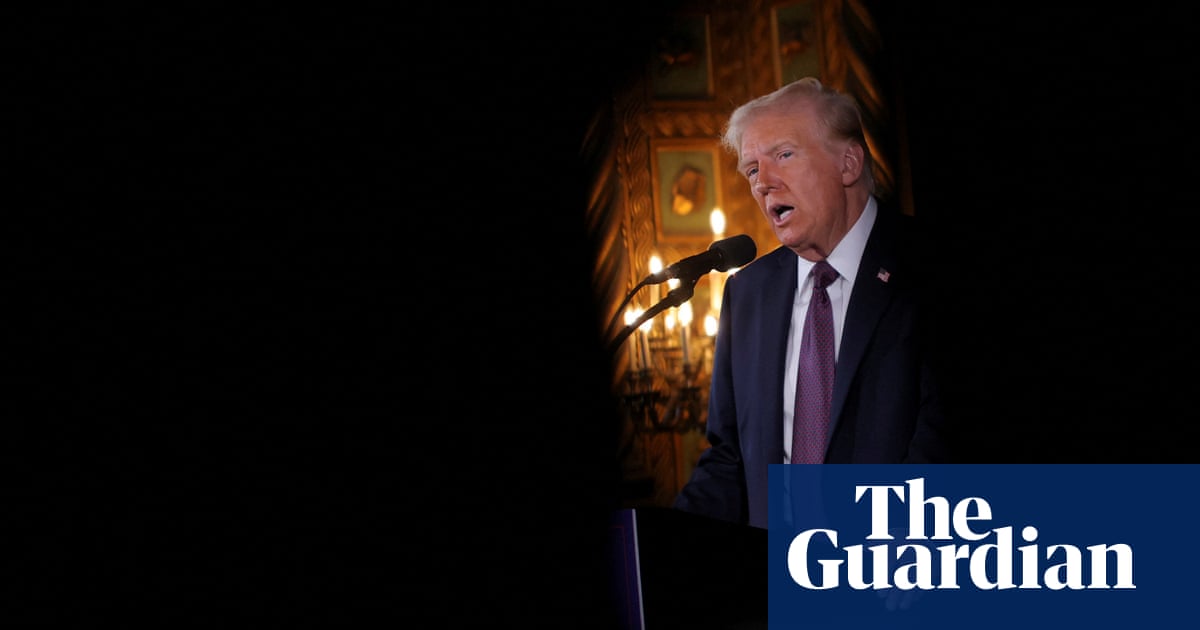With Donald Trump threatening to impose steep tariffs upon his return to office this month, US firms are bracing for impact. But an analysis of Trump’s last presidency identified one way to boost their chances of avoiding the levies: donating to the Republican party.
While the initial stage of the president-elect’s tariff agenda is designed to hit America’s largest trading partners – Canada, Mexico and China – it is US firms that pick up the bill, paying duties imposed on the goods they buy from these markets. Such additional costs can prove devastating.
The federal government typically allows a carefully selected group of businesses from paying such levies. Thousands of companies applied for exemptions, and permission to import items without paying a new tariff, during Trump’s first presidency.
An academic study of which applications were, and were not, successful found that firms were more likely to win approval if they had significantly donated to GOP campaigns. Firms that had significantly donated to Democratic campaigns were meanwhile less likely to win approval, the analysis found.
“A process that should have been ‘arm’s length’ has been distorted by politics,” said Veljko Fotak, associate professor at the University at Buffalo, and one of the report’s co-authors.
Tariff exemptions can provide “years of benefits” worth “a lot of money” to companies that win them, noted Jesus Salas, associate professor of finance at Lehigh University, and another co-author. He described it as “shocking” that companies had been found to be less likely to obtain support after backing the Democratic party.
There are “many reasons to think some of this behavior is going to continue” following Trump’s return, said Salas. He cited the appointment of Jamieson Greer – who served as chief of staff to US trade representative Robert Lighthizer during Trump’s first term – to be his new US trade representative. “It’s going to be the same staff, probably the same ideas, so we’d assume it’s going to be the same behavior.”
Trump, who has described “tariff” as “the most beautiful word in the dictionary”, argued on the campaign trail that imposing steep tariffs on foreign goods would boost the US economy – a claim disputed by many economists. After pledging to impose universal tariffs on all imports from overseas, following his election victory the president-elect threatened to introduce duties specifically on Mexico, Canada and China.
Any US firm hit by the incoming Trump administration’s tariffs should not expect support if it has donated to a Democrat, according to Salas, after what happened last time around. “The problem is that politicians are getting involved in the process.”
The study examined applications for exemptions from $550bn worth of tariffs imposed by Trump on China in 2018. Of the 7,015 applications, 14.6% were approved.
For firms that had made significant Republican donations, the chances of approval were markedly higher – about 18.5% – according to the analysis. For firms that made significant Democratic donations, the chances of approval stood at about 11.2%.
The findings underline how the process of winning an exemption is “subject to political distortions”, said Fotak, who stressed he was not a political scientist. “If the incoming administration wishes to use the exemption process to reward supporters, punish opponents and eventually incentivize contributions, they certainly are in a position to do so.”
after newsletter promotion
Joe Biden’s administration was “very critical of this exemption process”, he noted, but “nothing has changed” since Trump was last in office.
“There is always political uncertainty for corporations,” said Grace Lee, associate professor at Fordham University, and another co-author of the report, and firms donate to political parties and causes “to mitigate this political uncertainty”.
Lee was struck by how donations which amount to a tiny part of a company’s business could have an outsized impact on its chances of winning a lifeline from the federal government: in this case, an exemption from tariffs. “Even though the dollar amount of political donations does not seem significant (on average, only 0.0025% of total assets in our sample), the effect (benefits) could be large,” she said.
Businesses including Amazon, OpenAI and Meta, the owner of Facebook and Instagram, have lined up in recent weeks to donate millions of dollars to the president-elect’s inaugural fund.
“Even though we did not find an impact of donations to Trump’s first inauguration on the chance of being granted an exemption,” said Lee, “it is possible that donations to the inaugural committee may increase the chance of being exempted from tariffs in Trump’s second term.”
A spokesperson for Trump’s transition team did not respond to a request to comment.

 German (DE)
German (DE)  English (US)
English (US)  Spanish (ES)
Spanish (ES)  French (FR)
French (FR)  Hindi (IN)
Hindi (IN)  Italian (IT)
Italian (IT)  Russian (RU)
Russian (RU)  1 day ago
1 day ago
























Comments